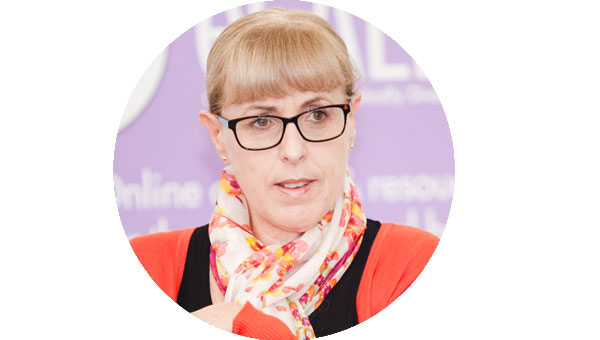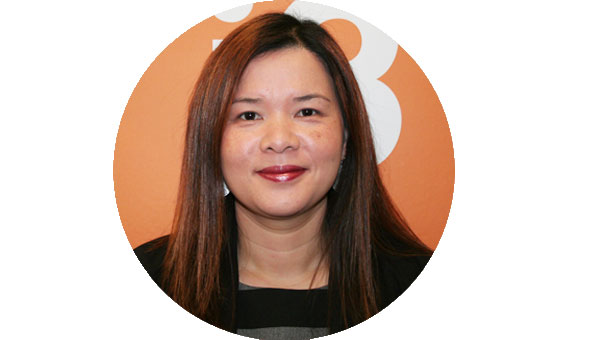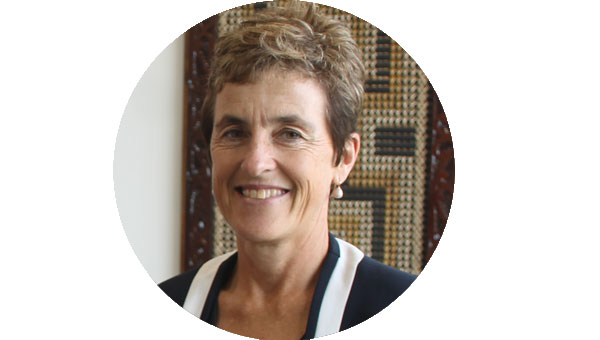The Patient and Whānau Centred Care Standards (PWCCS) programme provides a framework to monitor, measure and evaluate key 'fundamental' aspects of patient care within our hospitals
Opportunity
In 2014, feedback from patients, staff, and hospital audits showed there was significant variability in the delivery of fundamental aspects of patient care. Areas of particular concern were safe monitoring, nutrition, pain management, and environmental cleanliness.
We had limited visibility and understanding of what fundamental care really looked like, and how our patients' experience care. There was a lot of local auditing but no coordinated or systemic measurement in place.
The PWCCS programme was implemented in 2015 to increase visibility of care and promote safe, consistent, high quality care. We want to make sure that patients have the best experience possible when in our hospitals to support their recovery. This means getting the basics right, such as:
- making sure patients feel safe
- having consistently clean environments
- making sure patients get enough rest
- making sure patients are well fed
- making sure patients are comfortable and their pain is well-managed
Waitemata DHB Care Standards
Aim
Build a ward led programme that supports staff to deliver a consistently high standard of care and allows us to monitor how well we provide care, particularly the fundamental aspects of care.
Intervention
We developed a PWCSS Framework over 2014-15. To define the standards of care and identify priorities for improvement we undertook a literature review, interviews with 20 senior leaders, thematic analysis of patient/family feedback, a stocktake of current activity, and a baseline audit of 19 wards and interviews with 108 patients.
Care Standards Framework
A multi-disciplinary steering group with independent Chair and cultural and consumer representation oversaw the staged development of nine fundamental areas of care (called Care Standards) which provide the overarching framework for the programme.
- Each care standard has a set of Best Practice Standards. The Best Practice Standards outline the optimal standards of practice required to achieve the care outcome.
- Each best practice standard has a set of best practice indicators. These indicators are the expected practices and goals to support attainment of the best practice standards.
- Each care standard has a set of benchmarks. These benchmarks are the audit measures used to assess, measure, and compare current practice against the best practice standards. These are outlined in the Evaluation section.
[Refer to Resources for full best practice standards]
Care Standards Programme
Evaluation
We developed a systematic evaluation framework that involves a six monthly ward review process, data entry into an audit database, and a data reporting tool (Qlik Sense) reporting results at the organisation and ward level.
Care Standards Results in Qlik Sense
Increasing Cultural Representation
We translated the patient interview questions into five languages and introduced cultural staff support in the second review round. Initially this involved interviewing by cultural support staff but is now incorporated into every day ward work. This has enabled us to capture a more representative cross section of our population.
Nine cultural support staff interviewed 35 patients in Dec 2015, 42 in Jun 2016, 20 in Dec 2017.
Ward Accreditation Programme
We have introduced a Ward Accreditation Programme that builds on the foundations of the PWCCS Programme. The Ward Accreditation Programme recognises sustained excellence in our PWCCS programme and ward leadership. Accreditation involves a multi-disciplinary ward review and an executive-led evaluation. Wards are incentivised and rewarded to attain the highest level of excellence. Our Ward Accreditation Framework sets out the process for accreditation.
Care Standards Path to Ward Accreditation
Impact
We have undertaken six monthly ward reviews since 2015 with more than 40 ward/clinical areas participating (originally 27) over four hospital/care centre sites These include general medical wards surgical wards, maternity, paediatrics, neonates, and mental health. Two wards are the first to be eligible for accreditation having achieved successive Gold awards in the last three reviews.
Overall our wards/clinical areas have sustained improvement in 7 of 9 standards since the first review. The Safety and Prevention standard is the standard that has improved the most reflecting changes in ward management systems and processes. Respect for privacy and dignity has consistently been the highest performing standard in terms of patient feedback.
Organisational Care Standards Results
Through the PWCCS we have created a shared understanding and language to discuss quality of care.
The PWCCS provides a co-ordinated approach to practice development and quality improvement for our Charge Nurses and their ward staff.
Improving Care
Have we achieved our aims?
✔ Improved standards
✔ Reduced variability
✔ Increased visibility
✔ Shared understanding of care and quality
✔ Platform for ward engagement leading quality care
The Care Standards PWCCS reviews have helped us to identify and target areas for improvement at a ward and organisational level. Below is some of the improvement activity arising from this programme :
Local and organisational improvement
Team Members
Executive Sponsors
- Jocelyn Peach, Director of Nursing & Midwifery
- Cath Cronin, Director of Hospital Services
- Penny Andrew, Director of i3
Working Group
- Jeanette Bell, i3 Innovation + Improvement Project Manager
- Sharon Puddle, i3 Head of Digital Transformation
- Lucy Adams, Assoc Director of Nursing & Midwifery
- Meg Smith, CNS Patient & Whānau Centred Care Standards

Jeanette Bell

Sharon Puddle







